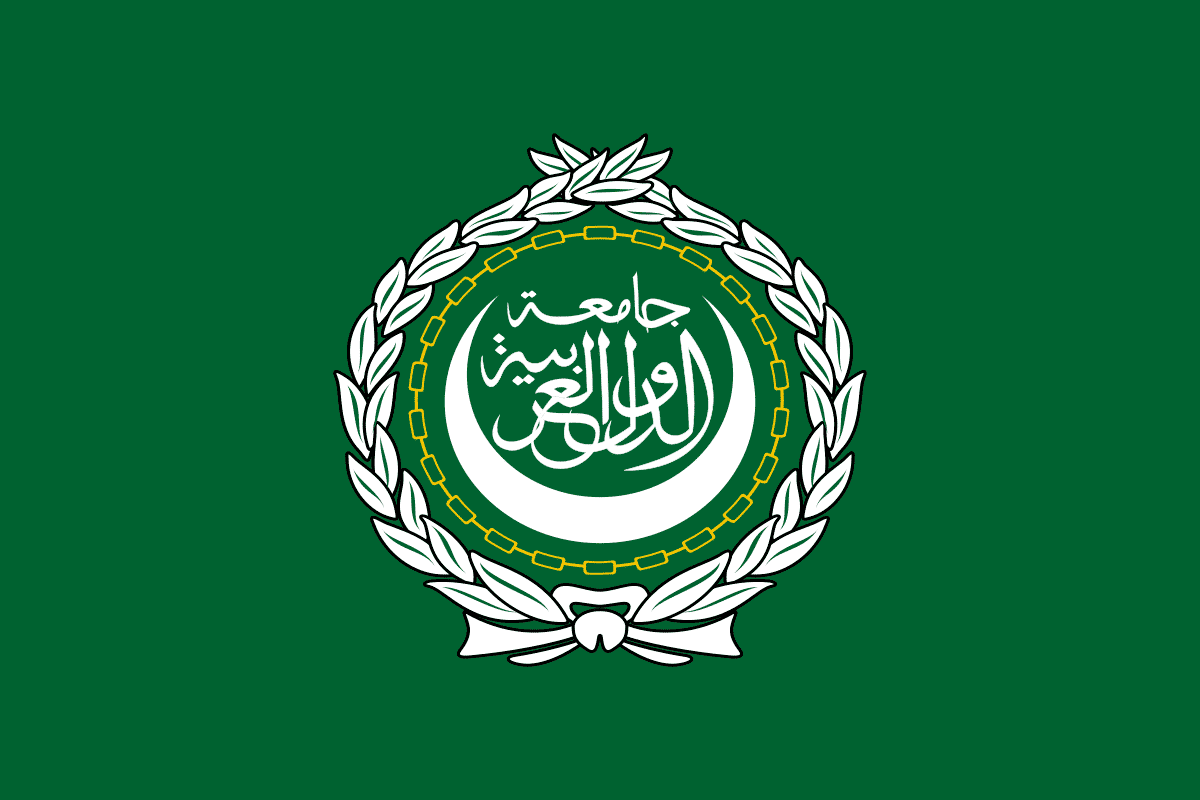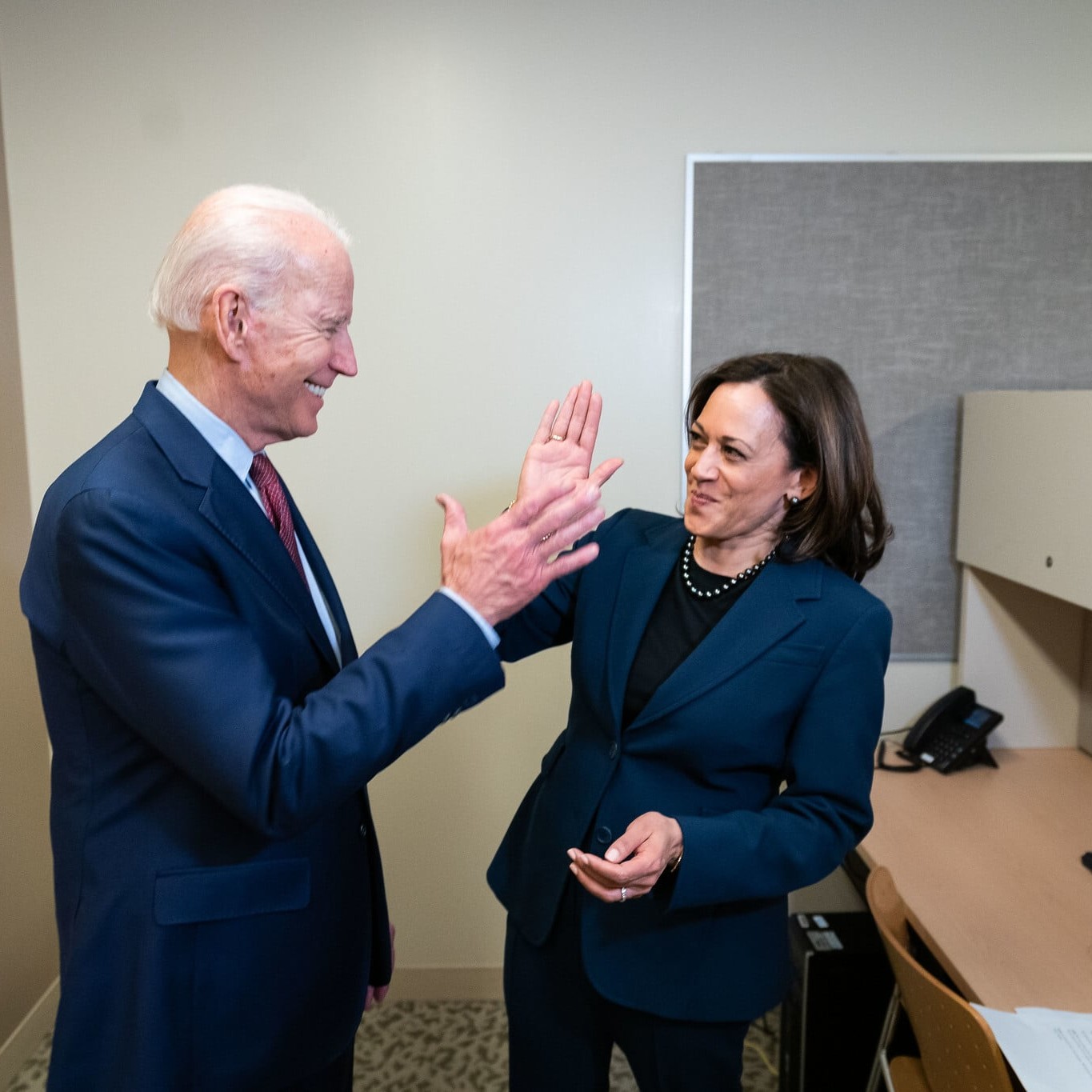Historically, the task of promoting multilateralism in the Middle East has rested with two institutions: the League of Arab States, a broad alliance for collaboration on political, economic and cultural issues, and the Gulf Cooperation Council (GCC), which deals mainly with economic matters. Despite the differences in their history, focus and membership, both bodies were intended to serve as vehicles for ensuring Arab unity on crucial issues – such as opposing Israel – and avoiding conflict among member states.
For decades, the Israeli-Palestinian conflict rallied Arab countries around the common cause of supporting Palestinian statehood. But since the 2011 Arab Spring uprisings, three far more divisive issues have come to the fore: the perceived threat posed by Iran, the spread of regional terrorism, and the rise of political Islam (or Islamism).
These developments have ruptured traditional alliances and created much more fluid patterns of multilateral cooperation in the region. And current Western policy toward the Middle East – in particular that of the United States – is likely to reinforce this trend.
First, Sunni Arab governments regard Iran’s regional influence and activities as a fundamental threat to their interests. The increasingly hostile rivalry between Saudi Arabia and the United Arab Emirates on the one hand, and Iran on the other, has thus eclipsed these countries’ traditional shared opposition toward Israel.
Indeed, a number of Arab governments are working on an unprecedentedly close basis with Israel to address the Iranian threat. This cooperation, which had largely taken place behind the scenes, burst into the open in February at the US-led “anti-Iran” conference in Warsaw, which Israeli Prime Minister Benjamin Netanyahu hailed as a breakthrough in Arab-Israeli relations. These ties will likely grow stronger as Saudi Arabia and Iran continue their strategic competition and proxy confrontation in the region.
Second, the threat of jihadist terrorism throughout the Middle East that has been aggravated by the violent conflicts in Syria and Libya and has since manifested itself in multiple attacks in Egypt, Tunisia, Jordan and other countries has strained the Arab League and turned its member states against one another. After Libya’s then-ruler Muammar Gaddafi violently quelled a popular uprising in his country in early 2011, for example, the League suspended Libya from the organization and actively supported Gaddafi’s ouster by NATO and Libyan rebel forces later that year.
Soon after, Arab League members denounced Syrian President Bashar al-Assad for enabling terrorism in the region, and expelled Syria from the body. Today, the League is divided over Syria’s membership. Several Sunni Arab states are strongly opposed, arguing that Assad has allowed Iran to expand its influence in the region and empower Shiite militias, such as Hezbollah in Lebanon, that pose a direct threat to their regimes. The Iraqi and Tunisian governments, however, have publicly called for Syria to be readmitted.
Redazione
La redazione di Babilon è composta da giovani giornalisti, analisti e ricercatori attenti alle dinamiche mondiali. Il nostro obiettivo è rendere più comprensibile la geopolitica a tutti i tipi di lettori.
L’evoluzione dei sanitari a terra: design moderni e materiali innovativi per una scelta sempre più popolare
23 Dic 2024
Quando si parla di design di interni e arredamento sono tantissimi i fattori che entrano in gioco. Ciascuno di noi ha…
Se le questioni di genere dettano le agende di politica estera
19 Dic 2024
Il perseguimento di politiche identitarie da parte dell'establishment della politica estera occidentale sta portando a…
Dall’origine straniera all’icona americana: il fenomeno dello sport negli Usa
14 Mar 2024
Molti sport americani sono accomunati da un aspetto particolarmente curioso: raramente sono davvero nati sul suolo…
Roulette europea, francese o americana? Ecco un approfondimento
22 Set 2023
La roulette è un classico intramontabile dei casinò, amata da milioni di appassionati in tutto il mondo. Una delle…




